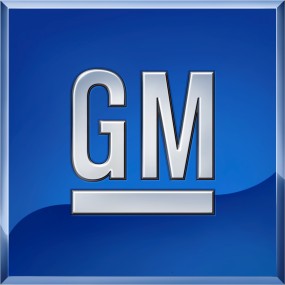When is a discontinued activity not a discontinued activity?

General Motors has had a difficult time of late, but things appear to be getting better. Dogged by poor sales in its core US market, it was forced to raise cash by drastic means. This involved agreeing the sale of its European subsidiaries (Opel and Vauxhall). The sale of both to a consortium including Russian banks and Canadian car spares manufacturers. There were legal formalities to complete, but the deal had been announced, largely supported by the German government and looked certain to go through.
At the start of November 2009, it was announced that the board of General Motors had met after a mammoth session and decided not to do the deal to sell its European businesses. The environment for GM had improved more rapidly than expected and a sale no longer looked necessary.
A discontinued activity is defined in IFRS 5 paragraph 32 as a separate business unit that (a)represents a separate major line of business or geographical area of operations,(b)is part of a single co-ordinated plan to dispose of a separate major line of business or geographical area of operations or(c)is a subsidiary acquired exclusively with a view to resale. Vauxhall/Opel sounds like it would fit this definition. It may have been presented as a discontinued activity after being reclassified as held for sale.
It’s unusual for a volte face this big to happen, but it occasionally does. It can produce odd effects in profit, as items are written down to expected sales value and then reclassified at their previous carrying value.







